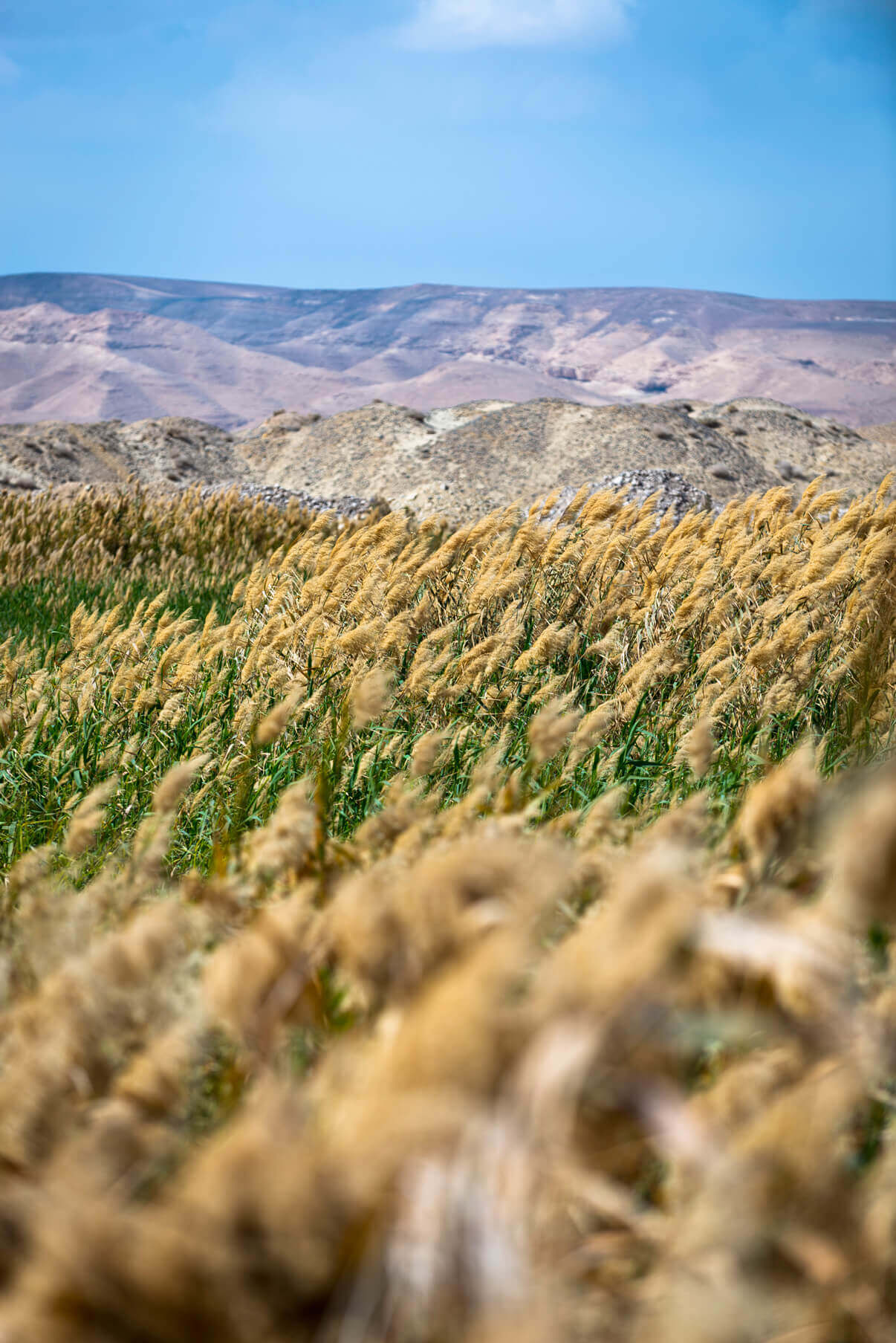Research Center for Fertilizers & Plant Nutrition – Global Knowledge
CFPN, which represents a unique Israel-based partnership between the public and private sector, fosters increased knowhow that is required now more than ever. Despite the critical importance of fertilization and increased global awareness of the need to increase food production and food’s nutritional value, the number of researchers in this area is diminishing. The CFPN was established to counter this challenge.
Research is conducted by ARO scientists in partnership with colleagues from other research institutions. The CFPN offers scholarships and research grants to graduate and Ph.D. students in Israel and from abroad. CFPN has already trained and worked with foreign students from Asia and East Africa. There are multiple research projects currently in progress in the CFPN.


USAID CROP NUTRITION FARMER TRAINING PROJECT IN TANZANIA - MBOGA NA MATUNDA

In May 2017, the United States Agency for international development (USAID) sent out a call for proposal of funding under the Feed the Future Tanzania Mboga na Matunda (Fruit and Vegetables) program. This program is aimed at increasing the productivity and profitability of the horticultural value chain in Tanzania. Over 70 agricultural companies applied, ICL was one of the few companies that won the co-funding award of 150,000 USD.
Through the USAID funded project, ICL seeks to strengthen the fertilizer input supply system by providing high quality and innovative products through demonstrations and training on balanced fertilization. The target is reaching at least 3,000 small-scale farmers and 40 agro traders over a period of one year (Feb 2018 to end of January 2019). The demonstrations and training are set-up in the Mbeya and Iringa provinces in southern Tanzania, and on three main crop types: Tomatoes (greenhouse and outdoors), Potatoes and Onions. Through balanced and precise fertilization, farmers yields are expected to increase by at least 40% as well as improve farmers’ profitability. We also hope to create awareness of ICL fertilizer products and the adoption of sustainable fertilization practices. In order to achieve this, ICL has set-up 30 demonstration plots, comparing the general farmer practice to ICL’s proposed solutions.
The project has successfully started in February 2018, has already trained 1,250 farmers and has successfully set up all the 30 demonstration plots. The success of the project will be measured upon harvesting, in late 2018.


Discover More


